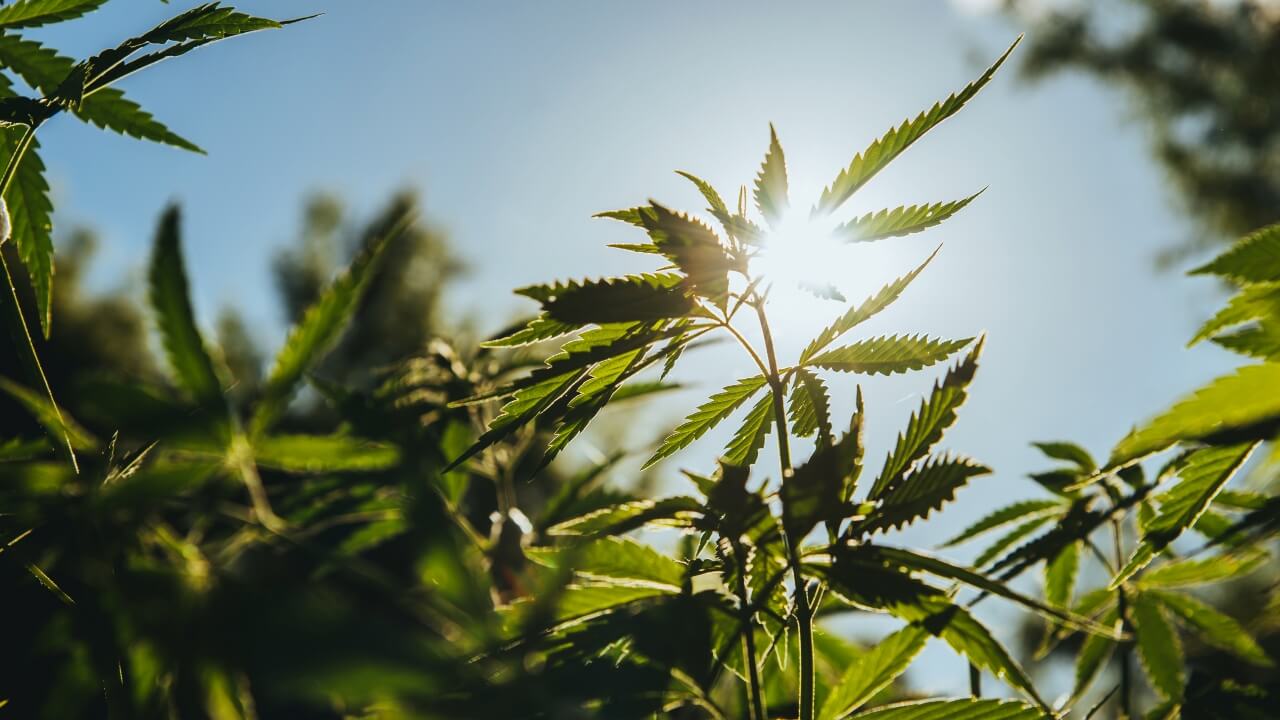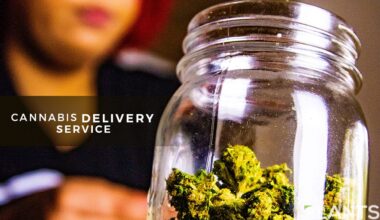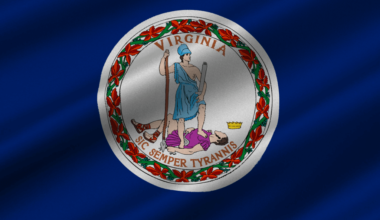The freewheeling days for hemp-derived THC in America appear to be dwindling.
After a seven-year boom for hemp-derived THC products, lawmakers are pursuing blanket bans or disruptively strict regulations on intoxicating hemp products in about a dozen states, a situation that’s sowing deep anxieties across the industry, advocates and operators told MJBizDaily.
In contrast to the blanket ban on hemp-THC products imposed last fall in California, little of the nationwide hemp crackdown seems immediately poised to help struggling operators in the regulated marijuana industry who saw hemp as an unwelcome competitor playing by different rules.
In some of the new restrictive laws, hemp operators see the hand of an alcohol industry aware that young people are drinking less and keen to capture a future revenue source.
“We’re under fire from a lot of different sources,” said Jonathan Miller, the counsel-in-charge of the U.S. Hemp Roundtable, a major federal-level lobby group.
“There are a number of states that are looking at completely banning retail sales of our products.”
How some states are addressing hemp-derived THC
State laws under consideration that would disrupt the hemp industry include:
While the bans are destructive to the entire sector, some smaller hemp operators are raising specific alarms over the third-party distribution proposals.
“This is the first step toward a hostile takeover of cannabis by the alcohol industry,” said Jim Higdon, the co-founder of Kentucky-based hemp-derived THC and CBD operator Cornbread Hemp.
Higdon and other operators are lobbying Kentucky Gov. Andy Beshear to veto a recently passed bill that would eliminate direct-to-consumer sales by mandating third-party distribution.
“Make no mistake about it,” Higdon added, “if we let this stand, everything is next.”
‘They’re pretty ticked off’
Most observers contacted by MJBizDaily agree that the 2018 federal Farm Bill, which created the opportunity that hemp operators have since exploited to varying degrees, is encouraging state lawmakers to take more drastic action.
Signed into law during President Donald Trump’s first term, the Farm Bill triggered the nationwide surge in products with intoxicating levels of THC sold outside state-regulated cannabis industry channels.
Though the Farm Bill legalized only hemp with 0.3% THC or less, many operators across the country applied creative interpretations to claim legal protections for the manufacture and sale of high-dose edibles as well as THCA flower, which is indistinguishable from marijuana.
And they’ve done so in jurisdictions such as Texas, where adult-use marijuana legalization remains a distant dream.
That sequence of events created mistrust and ill will among lawmakers that new lobby groups, such as the recently formed Coalition for Adult Beverage Alternatives (CABA), are trying to address in Washington, D.C. – but with mixed success.
“Members, especially on the Republican side, say things like, ‘We felt duped by what the hemp industry told us. We didn’t believe we were legalizing anything intoxicating,’” said Jake Bullock, the co-founder and CEO of Cann, a California-headquartered manufacturer of low-dose, hemp-derived THC beverages and a CABA member.
“They’re pretty ticked off about that.”
No hemp-derived THC regulations at federal level yet
Congress is now almost two years overdue in passing a new Farm Bill, but there appears to be bipartisan recognition that the hemp-derived THC situation is out of hand and something must be done.
Last year, for example, Indiana Republican Rep. Mary Miller raised anxieties with a proposed amendment that would have banned most hemp-derived THC products.
It’s unclear how that amendment would have been enforced.
Separately, Congress could address hemp-derived THC via stand-alone legislation.
Last fall, Oregon Democratic Sen. Ron Wyden introduced a separate proposal that, while banning most synthetic derivatives such as delta-8 THC and imposing serving limits, would have nonetheless given most hemp businesses clear guidelines to continue operating.
However, so far, nothing has come out of Washington, D.C.
And that void is creating the opportunity for state lawmakers to take action.
The role of marijuana multistate operators
Some large marijuana multistate operators, such as New York-based Curaleaf Holdings, have eagerly pursued hemp lines, including beverages.
That’s in part because of Congress’ failure to pass federal marijuana reforms allowing banking access, tax relief and interstate commerce.
But diversifying into hemp allows marijuana operators to place products on the shelves of multi-item retailers rather than restricting them to MJ dispensaries.
It also allows major marijuana brands to enter markets such as Texas, one of nine states where liquor retailer Total Wine & More will carry Curaleaf beverages.
Texas is considered the country’s biggest hemp market in large part because it has no access to legal marijuana. The state’s medical marijuana law allows only low-THC CBD oil.
As many as 8,300 retailers across Texas sell hemp-derived THC – a market that Republican Lt. Gov. Dan Patrick claims is worth as much as $8 billion.
Texas would “ban THC and shut all of these stores down” if Senate Bill 3 – which the state Senate approved Wednesday – is signed into law, Patrick said.
“That includes THC that’s being sold in liquor stores in drinks,” Patrick added.
“There’s no exception to this.”
California’s action was taken at the behest of Democratic Gov. Gavin Newsom, who was concerned about the wide availability of hemp-derived THC products at liquor stores and other mainstream retailers throughout the state.
Subscribe to the MJBiz Factbook
Exclusive industry data and analysis to help you make informed business decisions and avoid costly missteps. All the facts, none of the hype.
What you will get:
- Monthly and quarterly updates, with new data & insights
- Financial forecasts + capital investment trends
- State-by-state guide to regulations, taxes & market opportunities
- Annual survey of cannabis businesses
- Consumer insights
- And more!
Less-stringent proposals create a threat
Hemp operators view even modest proposals such as third-party distribution as a threat, saying it’s a stalking horse for large alcohol interests to seize control of the hemp-derived THC market.
That fear is triggered in part by a generational shift in which young people are eschewing alcohol.
New Jersey Gov. Phil Murphy added to those concerns last fall when he signed a bill into law that would limit sales of hemp-derived THC beverages to liquor stores – thereby eliminating the direct-to-consumer sales that smaller hemp operators say keep them afloat.
“Direct-to-consumer sales are a core component to their business,” said Shawn Hauser, a partner at Denver-based law firm Vicente.
“And that doesn’t fit squarely within the alcohol model.”
In general, the state-level proposals “absolutely threaten people’s business,” she added.
Chris Roberts can be reached at chris.roberts@mjbizdaily.com.
Medical Disclaimer:
The information provided in these blog posts is intended for general informational and educational purposes only. It is not a substitute for professional medical advice, diagnosis, or treatment. Always seek the advice of your physician or other qualified healthcare provider with any questions you may have regarding a medical condition. The use of any information provided in these blog posts is solely at your own risk. The authors and the website do not recommend or endorse any specific products, treatments, or procedures mentioned. Reliance on any information in these blog posts is solely at your own discretion.






